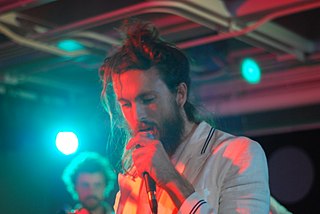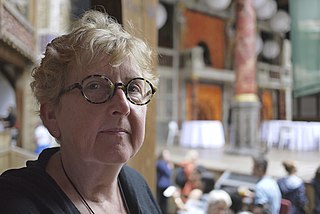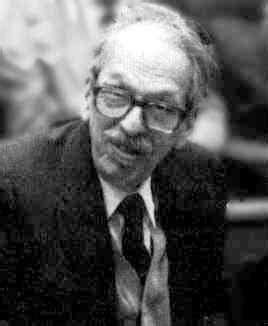A Quote by Billy Collins
A lot of my poems either have historical sequences or other kinds of chronological grids where I'm locating myself in time. I like to feel oriented, and I like to orient the reader at the beginning of a poem.
Related Quotes
It has been said that a poem should not mean but be. This is not quite accurate. In a poem, as distinct from many other kinds of verbal societies, meaning and being are identical. A poem might be called a pseudo-person. Like a person, it is unique and addresses the reader personally. On the other hand, like a natural being and unlike a historical person, it cannot lie.
I'm really into the basic idea of Kriya Yoga. The breathing that goes on in Kriya. Other than that, it's just communicating with the universe and getting the inspiration for different kinds of breath. Basically, I'm into the movement of breath and the shapes of breath. The different kinds of sequences of breath. I like doing that a lot.
Reading a poem is a real thing, a worthy thing. So to be there right with the reader at that moment is part of the effect of a title like "Poem for" something or other. Matt Rohrer does this a lot in his titles, and I think I might have gotten some of the idea to do this, or at least been reminded of how it can work, from his recent amazing books.
I hope any poem I've ever written could stand on its own and not need to be a part of biography, critical theory or cultural studies. I don't want to give a poetry reading and have to provide the story behind the poem in order for it to make sense to an audience. I certainly don't want the poem to require a critical intermediary - a "spokescritic." I want my poems to be independently meaningful moments of power for a good reader. And that's the expectation I initially bring to other poets' writing.
I would read the Shel Silverstein poems, Dr. Seuss, and I noticed early on that poetry was something that just stuck in my head and I was replaying those rhymes and try to think of my own. In English, the only thing I wanted to do was poetry and all the other kids were like, "Oh, man. We have to write poems again?" and I would have a three-page long poem. I won a national poetry contest when I was in fourth grade for a poem called "Monster In My Closet.
The Orient and Islam have a kind of extrareal, phenomenologically reduced status that puts them out of reach of everyone except the Western expert. From the beginning of Western speculation about the Orient, the one thing th orient could not do was to represent itself. Evidence of the Orient was credible only after it had passed through and been made firm by the refining fire of the Orientalist’s work.





































